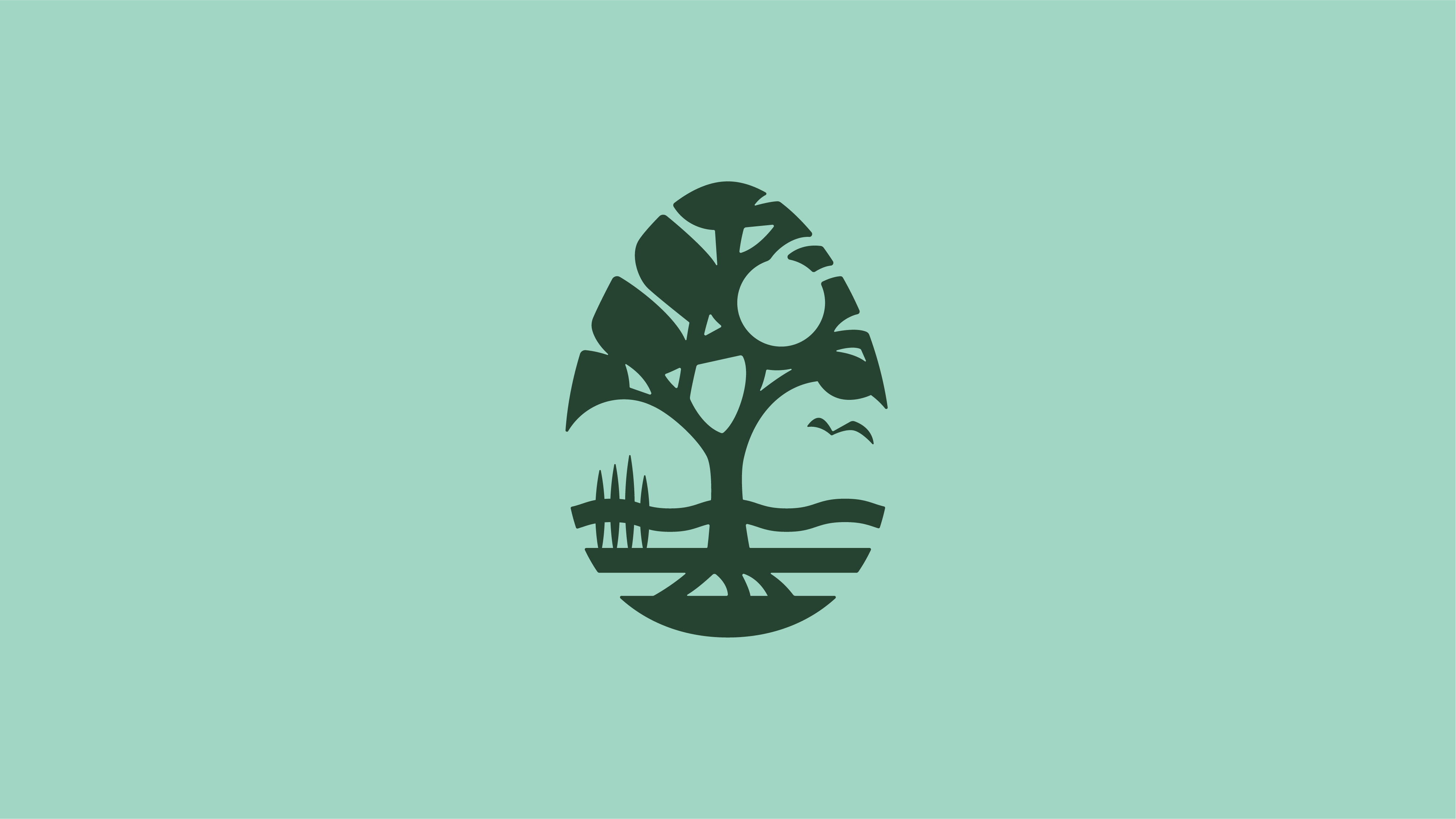Between 28 and 30th of November, Ruben had the opportunity to participate in an Erasmus+ training course organized by the Swedish Agency for Education (mucf). The project was fully funded. I thanks Permakultur Danmark for giving me the opportunity of participating as its representative.
This course took place in a hotel in Stockholm were 30 people from different nationalities met for 3 days to learn about “Small Partnership” projects with an emphasis on social inclusion.
What is a Small Partnership project?
“Small-scale Partnerships are designed to widen access to the programme to small-scale actors and individuals who are hard to reach in the fields of school education, adult education, vocational education and training, youth and sport. With lower grant amounts awarded to organisations, shorter duration and simpler administrative requirements compared to the Cooperation Partnerships, this action aims at reaching out to grassroots organisations, less experienced organisations and newcomers to the Programme, reducing entry barriers to the programme for organisations with smaller organisational capacity.
This action will also support flexible formats – mixing activities with transnational and national character although with a European dimension – allowing organisations to have more means to reach out to people with fewer opportunities. Small-scale Partnerships can also contribute to the creation and development of transnational networks and to fostering synergies with, and between, local, regional, national and international policies.”
The project can last between 6 and 24 months and there should be a minimum of two partners and countries involved. The budget can be either 30k or 60k€ depending on the needs.
What did I do during these three days?
In general, We had a employee of the swedish national agency of education giving a couple of traditional lessons over the training. Otherwise, most workshops were practical, fun, interactive and inspiring.
During the first day we got to know each other, through different workshops. I have to say I was very excited to learn new facilitation tools from the three facilitators in the team and took a lot of notes.
On the second day, we created a Tinder profile on a piece of paper for each association, which included project interests and skills. After that, we had time to meet up other people for short time and discuss about the possibility of working together in groups. We created groups of three and turned common ideas onto projects. For a few hours we had time to co-design project applications.

We also went to visit a local youth center called Fryhuset. It was a great experience to see a youth center, library, kanteen, dance school and normal school integrated all together under the same building.
Over the third day we had project presentations, feedback and evaluation. Now its up to each team to continue working on the project proposals and turn them into reality. It was a lot of fun, I made new relations, learnt new words in other languages, had good food and recommend everyone to go for such enriching activity.
After the training, I stayed a couple of days in the swedish capital to meet friends and visit museums. I was surprised by one of the Art exhibitions where the artist captured very well how we live in our own bubble, culture and limiting beliefs and often it is difficult to reach or understand other people. See the picture below.

What is next?
In the upcoming year we hope that Permakultur Danmark coordinate and participate in Small Partnership projects with focus on permaculture, cooperating with other ngos for building capacities, exchanging knowledge and ideas which will allow our members to develop new skills in the coming years.
Do you want to know more?
In case you have your own association and you want to learn how you can benefit from Erasmus+ funding for non-formal education, you can read further about it in ufm.dk. Ufm is organizing seminars over Denmark in the upcoming weeks. You can find their events here. This course was funded by mucf and the danish Agency for Education (ufm).
Ruben is a member of Permakultur Danmark since 2017 and he was member of the board between 2017 and 2020.

